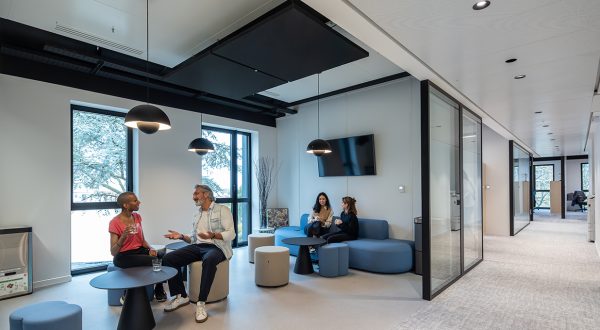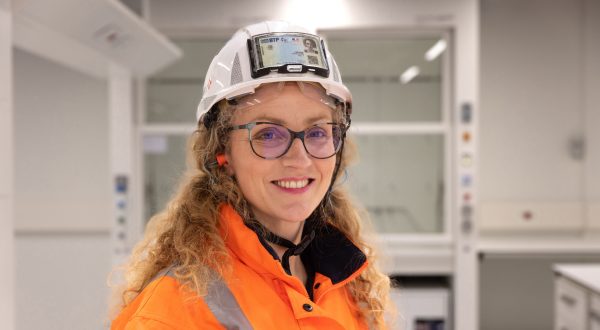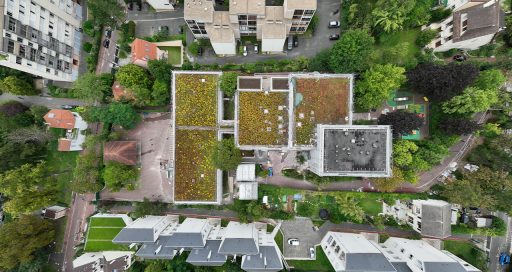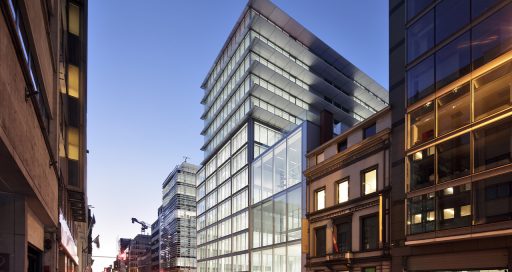For employers and professionals in the property development industry, new working practices driven by mobility and digital developments are resulting in reduced office footprints and a move towards collective workspaces.
![]()
Although less common in France than in other European countries, especially Scandinavian ones, teleworking is developing at a very fast pace and no longer just in large private companies and in the new technologies sector.
The growth in teleworking has led to an explosion in third spaces, despite still being to a large extent a home-based activity. In a report submitted to the French government on 19 September 2018, the “Coworking : Territoires, Travail, Numérique” (Coworking: communities, work, digital technology) taskforce estimated the number of these new spaces at 1,800 throughout the country.
“Teleworking involves well-documented risks. Office design must compensate for and even prevent these risks”
Property is the second biggest area of expenditure for businesses. The soaring cost of buying and renting property means that teleworking is seen as an opportunity to reduce overall office footprints.
For constructors, owners, equipment manufacturers, and operators, it’s a question not just of embracing this downsizing trend, but also of rethinking the function of commercial space in such a way as to cater for new working practices while meeting environmental sustainability requirements.
“Teleworking involves risks that are today well documented by sociologists, including social isolation, an undermining of group dynamics, and employee disengagement. Office design must compensate for and even prevent these risks,” says Pierre Gales, VINCI Energies building solutions director for Greater Paris. So open spaces, and their impact on workplace comfort, relationships and team spirit, are on their way out.
New functions for “offices”
Maximising occupancy will involve giving precedence to space intended for collective or cooperative use. Individual tasks will be carried out as a priority during time allocated to teleworking.
As a result, the “office” becomes the ideal location for interaction and collaboration, formal meetings, informal chats, and shared downtime. And a key part of this upcoming revolution is data and the way it is processed, analysed, interpreted, and transformed in real time.
“If you want to respond in a coherent manner to needs arising from the energy transition, digital transformation and changing working practices, you have to be able to build an integrated task force,” points out Gales. This is exactly what VINCI Energies had in mind in 2017 when it set up Qivy, a comprehensive range of energy retrofit and building redevelopment solutions.
“VINCI Energies expertise spans all aspects of renovation and development, in particular technical services such as power and data, heating, ventilation, air conditioning, smoke control, and plumbing. Thanks to a number of acquisitions, we have also incorporated architectural trades and change management capabilities,” says Gales.
16/01/2020




